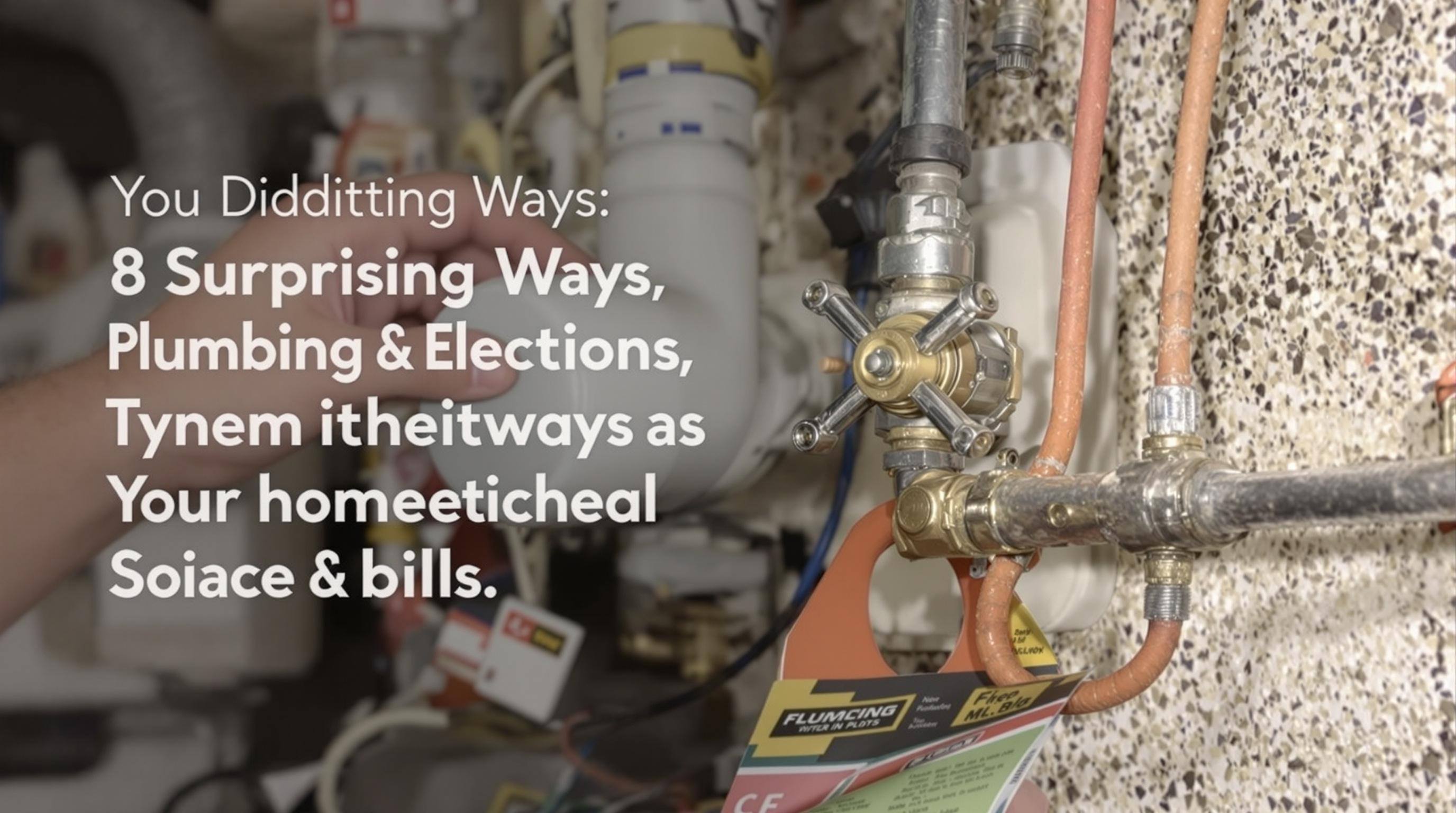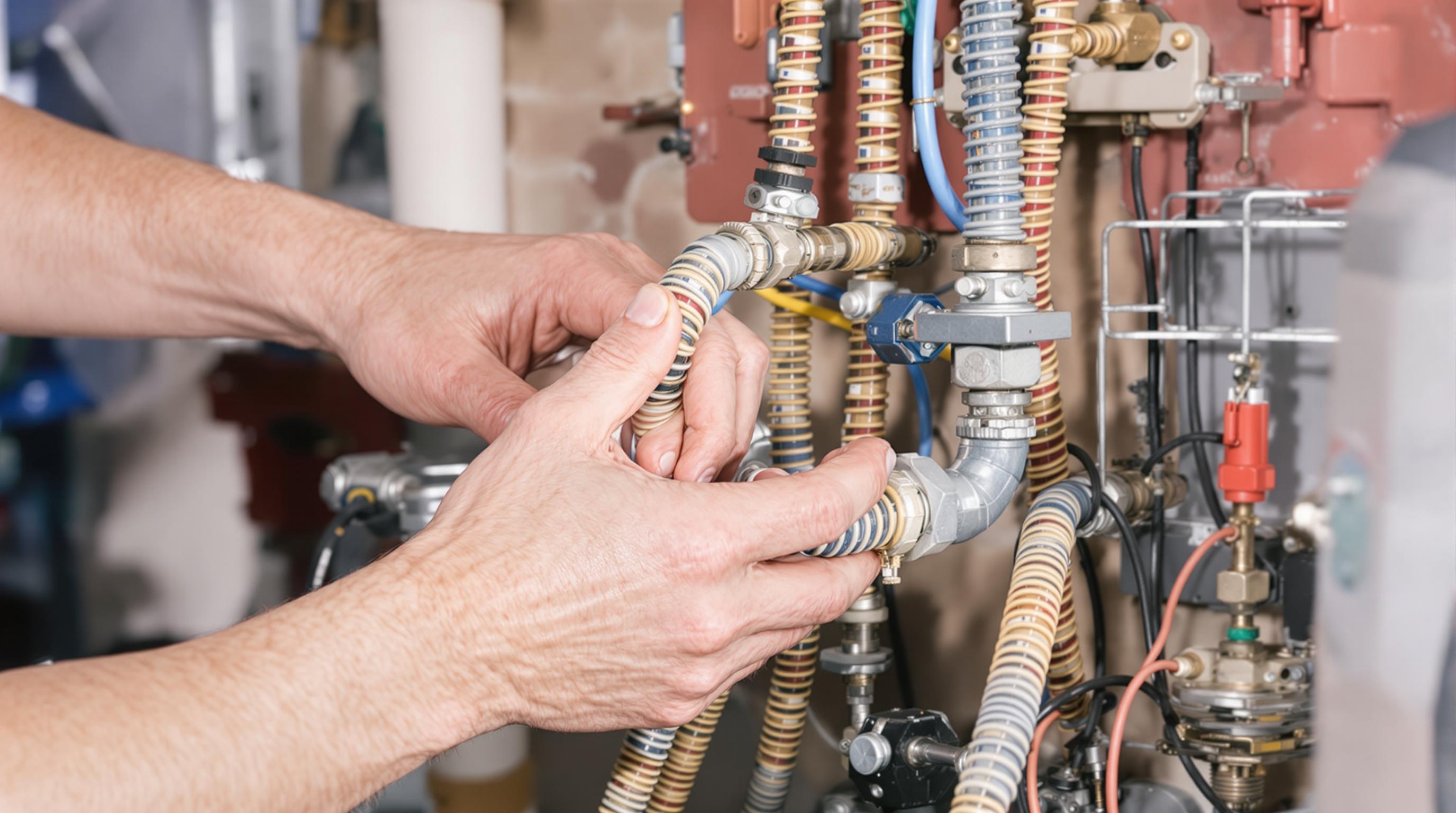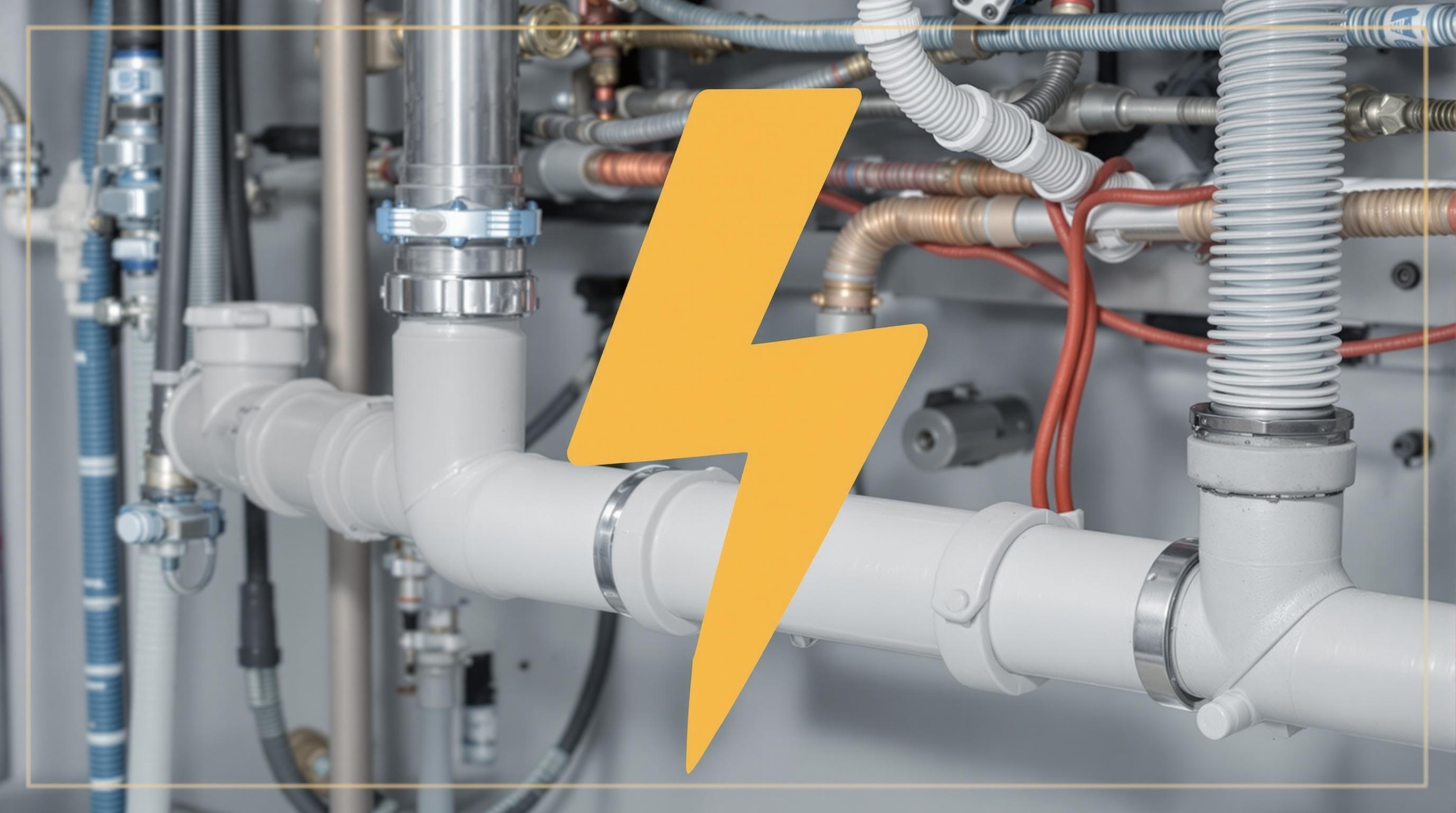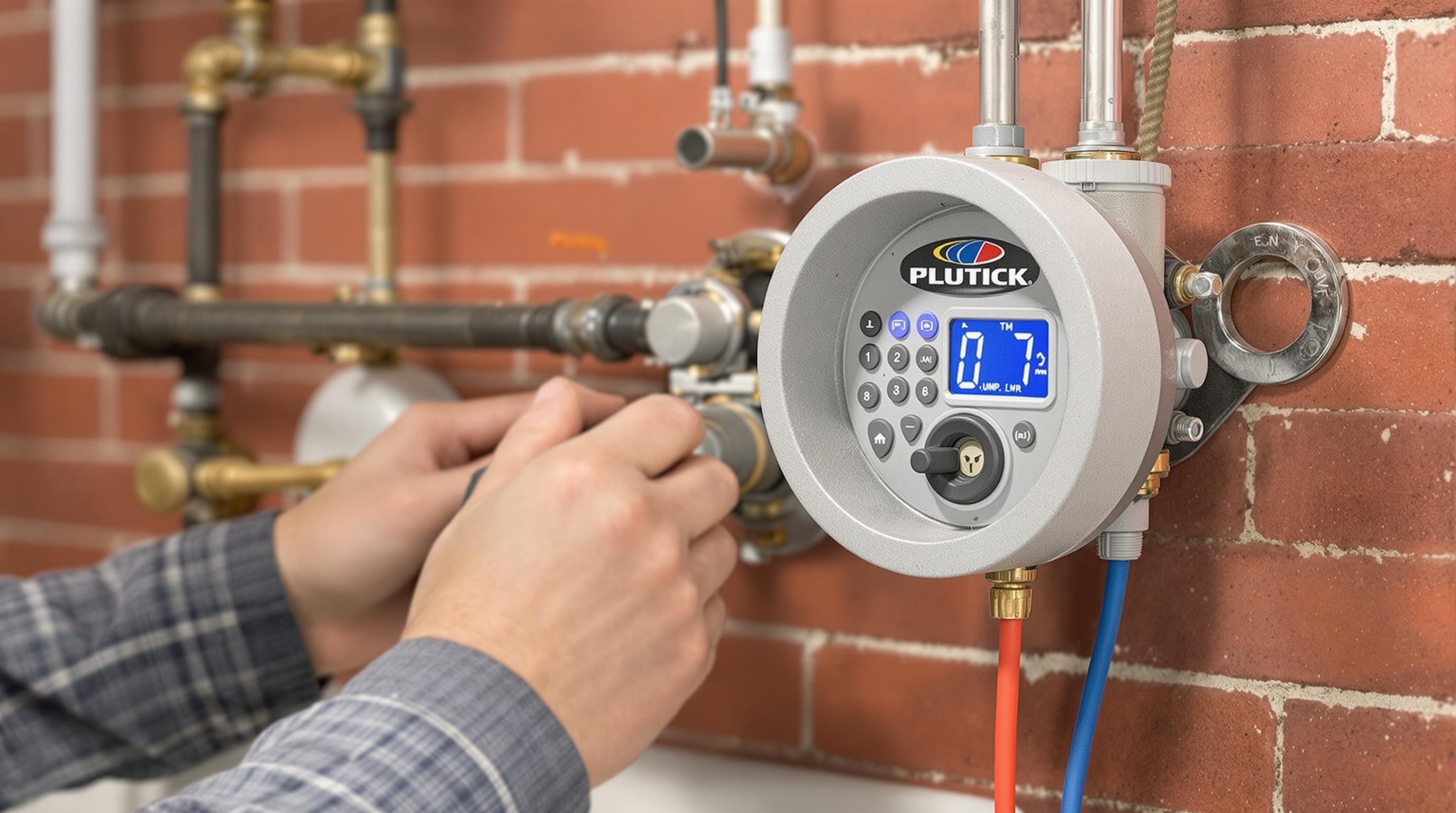Related Articles
- The Hidden Influence of Ergonomics: How Tool Design Shapes Our Physical Spaces and Daily Lives
- The Silent Influence: How Hidden Home Implements Shape Our Daily Routines and Spaces
- The Counterintuitive Role of Chaos: How Messy Tool Storage Can Lead to Unexpected Home Innovations
- Exploring the Unseen: How Audio Experiences Shape the Art of Domestic Spaces and Color Perception
- Rethinking the Mundane: How Everyday Objects are Becoming the Canvas for Modern Artistic Expression in Home Spaces
- Cultivating Chaos: The Surprising Benefits of Embracing Weeds in Your Garden Ecosystem
8 Surprising Ways Plumbing and Electrical Systems Impact Your Home's Energy Efficiency and Utility Bills You Didn't Expect
8 Surprising Ways Plumbing and Electrical Systems Impact Your Home's Energy Efficiency and Utility Bills You Didn't Expect
8 Surprising Ways Plumbing and Electrical Systems Impact Your Home's Energy Efficiency and Utility Bills You Didn't Expect
1. The Role of Insulation in Plumbing
When most homeowners think about insulation, they often envision attic spaces and exterior walls. However, plumbing pipes can also benefit from insulation. Insulating hot water pipes can significantly reduce heat loss as water travels to your faucets, thus requiring less energy for heating. It can save homeowners approximately 3-4% on their water heating costs (U.S. Department of Energy).
In colder climates, uninsulated pipes can freeze, leading to blockages and costly repairs. Additionally, keeping water temperature more stable means less energy is consumed in warming it again after every use. By investing just a little into pipe insulation, homeowners can enjoy a more energy-efficient plumbing system, ultimately affecting monthly utility bills.
Regular checking and insulating exposed pipes, especially in crawl spaces and attics, can be a crucial step in maintaining overall home energy efficiency. It is an often-overlooked area, but one with significant financial implications.
2. The Impact of Water Pressure
Water pressure may seem like a minor aspect of plumbing, but its efficiency can finetune overall energy usage. High water pressure can cause faucets and fixtures to seep or leak, leading to waste. Adequate pressure regulation can enhance fixture longevity, preventing costly repairs and replacements.
Moreover, water pressure impacts how efficiently your appliances operate. For example, lower pressure can result in longer wash times for dishwashers and laundry machines, unnecessarily increasing energy consumption. Proper regulation can help reduce utility bills associated with these appliances (Energy Star).
Adjusting water pressure to optimal levels not only saves water but also ensures that your entire plumbing system functions harmoniously. Thus, maintaining proper water pressure is essential for energy efficiency in home systems.
3. Energy-Efficient Appliances
The choice of appliances plays a prominent role in a home's overall energy efficiency. Many modern appliances are designed to use less water and energy without sacrificing performance. Dishwashers and washing machines that are Energy Star certified can dramatically reduce utility bills by using less water and energy than traditional models.
For instance, a modern dishwasher can cut water usage by about 4,000 gallons per year compared to hand washing (U.S. Environmental Protection Agency). When integrated with energy-efficient plumbing systems, these appliances further minimize resource waste.
Investing in these appliances not only curbs overall energy consumption but also means fewer financial surprises at the end of the month. Moreover, many utility companies offer rebates for energy-efficient appliances, making them a financially wise choice.
4. The Influence of Hot Water Systems
Hot water systems, including tanks and on-demand heaters, play a significant role in energy costs. Traditional tank water heaters continuously heat water, leading to energy loss known as “standby heat loss.” On the other hand, tankless systems heat water only when needed, thereby saving energy and reducing utility bills.
Moreover, optimizing the temperature setting of your water heater can lead to substantial savings. The U.S. Department of Energy suggests keeping the thermostat at 120°F to minimize unnecessary energy use while still providing adequate hot water.
Regular maintenance of hot water systems, such as flushing the tank and checking for leaks, can further enhance efficiency, ultimately impacting overall energy consumption within the home.
5. The Benefits of Smart Meters
Smart meters provide immediate insight into energy usage, allowing homeowners to identify usage patterns and adjust behaviors accordingly. This visibility can lead to more conscientious energy consumption, which ultimately translates into cost savings.
For instance, knowing peak usage times allows residents to schedule high-energy activities during off-peak periods, which can be more affordable. Many utilities offer time-of-use plans that can further reduce costs for those willing to modify energy usage behaviors based on smart meter feedback.
Investing in smart meters or smart thermostats can also lead homeowners to discover hidden inefficiencies in their plumbing and electrical systems that can be addressed for even greater savings.
6. Leaks and Drafts: Silent Energy Drains
Small leaks in plumbing or drafts around electrical outlets can significantly impact a home’s energy efficiency. Plumbing leaks not only waste water but can also raise your heating and cooling costs by disrupting temperature balance within the home.
According to the Environmental Protection Agency, leaky faucets can waste more than 3,000 gallons of water annually. Such waste corresponds directly to increased water heating needs, placing a strain on energy resources and utility costs. Likewise, drafts reduce a home’s ability to retain heat or cool air, further amplifying energy usage.
Regularly checking for leaks and sealing drafts can lead to lower utility bills, emphasizing that even the smallest issues can have a substantial impact on energy consumption.
7. The Electrical Load and Circuit Efficiency
The efficiency of your electrical system is reignited by evaluating the load on each circuit. An overloaded circuit can lead to inefficient energy usage and potential hazards. By distributing the load evenly, homeowners can enhance energy consumption and reduce the likelihood of costly electrical repairs.
Moreover, utilizing energy-efficient LED lighting instead of traditional incandescent bulbs can yield savings. LEDs consume up to 75% less energy and last significantly longer (U.S. Department of Energy), making them a win-win for energy savings.
Understanding and optimizing your home’s electrical system can lead to substantial cost reductions. In addition to changing bulbs, homeowners should also consider the efficiency of connected devices and systems.
8. Maintenance as a Cost-Reducing Strategy
Consistent maintenance of plumbing and electrical systems is essential for sustaining energy efficiency. Regular inspections can reveal inefficiencies before they escalate into more significant problems that are costly to repair. For instance, small leaks can slowly escalate into severe water damage issues that can drastically increase utility bills.
Notably, performing regular maintenance checks helps maintain peak performance across all home systems, ensuring energy is being used efficiently. Furthermore, many utility providers offer maintenance tips or services that can assist homeowners in reducing their costs.
The cumulative effect of efficient plumbing and electrical systems, achieved through consistent maintenance, translates to long-term savings on utility expenses and peace of mind for homeowners.





